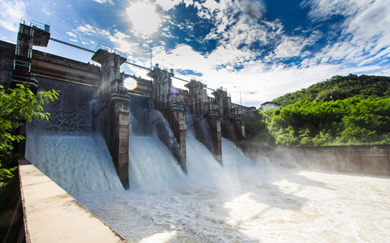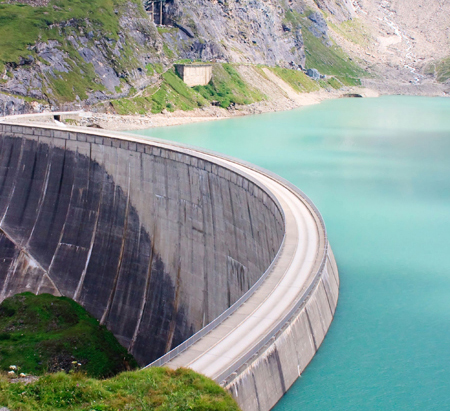Definition of Water Resources
Water resources are sources of water that are useful, or potentially useful, to society; for instance for agricultural, industrial or recreational use. Examples include groundwater, rivers, lakes and reservoirs. Many uses of water include agricultural, industrial, household, recreational and environmental activities. Only 2.5% of water on the Earth is fresh water, and over two thirds of this is frozen in glaciers and polar ice caps. Water demand already exceeds supply in many parts of the world, and many more areas are expected to experience this imbalance in the near future.

